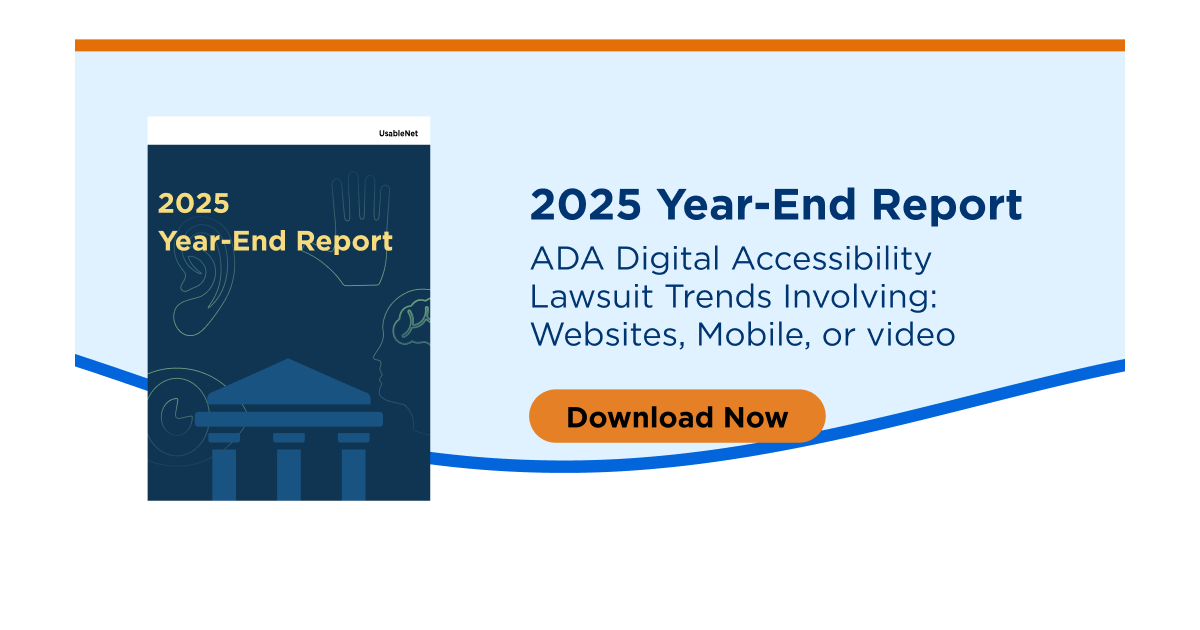The Web is an interactive, collaborative, and democratic space – for most.
But for those living with a disability, the online world often makes it difficult to gain easy access to goods and services. Global Accessibility Awareness Day (GAAD) on May 15 focused the world’s attention on the importance of making technology accessible and usable by persons with disabilities. Brands have traditionally recognized the importance of web accessibility; however, without legislation, compliance is not universal nor legally enforceable. A landmark ruling against H&R Block in March 2014 due to website inaccessibility for blind people heralds the start of a new era in web development for all.
Some background:
the National Federation of the Blind (NFB) successfully brought a lawsuit against H&R Block because blind people were unable to utilize H&R Block’s online tax assistance. The Civil Rights Division and District Court of Massachusetts entered into a consent decree with H&R Block subsidiaries in March 2014 and developed a concrete plan to make accessibility improvements to H&R’s website. The H&R Block lawsuit marks a turning point in the web accessibility narrative. No longer are private companies immune to calls to action by the community for people with disabilities. Instead, brands must take action to create accessible spaces for all users. While these rules cannot always be tangibly enforced, brands have the appropriate guidance and strong moral obligation to guarantee universal access to content. The American Disabilities Act (ADA) offers a set of guidelines for proper creation of accessible web experiences. Such regulations are increasingly important in a country where over 49 million consumers live with a diverse range of disabilities.
While the ADA has always required that government-sponsored websites adhere to these guidelines, the H&R Block lawsuit sets the precedent that private companies must also embrace the ADA principles. Rather than fear ADA guidelines, companies should envision these web recommendations as pathways toward engaging with customers with untapped purchasing power potential. Today American customers living with disabilities have over $220 billion in discretionary income.
The moral of the story?
Web accessibility builds consumer trust and drives brands’ potential for future growth. To discuss how web accessibility can transform your brand’s relationship with customers, contact Usablenet, a pioneer in web accessibility. Our business has grown to aid over 400 clients with the creation of optimized mobile experiences on every device, including assistive websites. Read our whitepaper to learn more about web accessibility guidelines and the benefits of ensuring equal web access for your customers living with disability.





